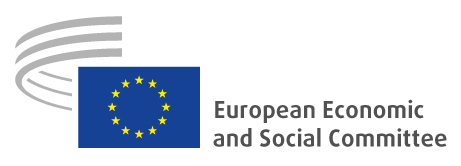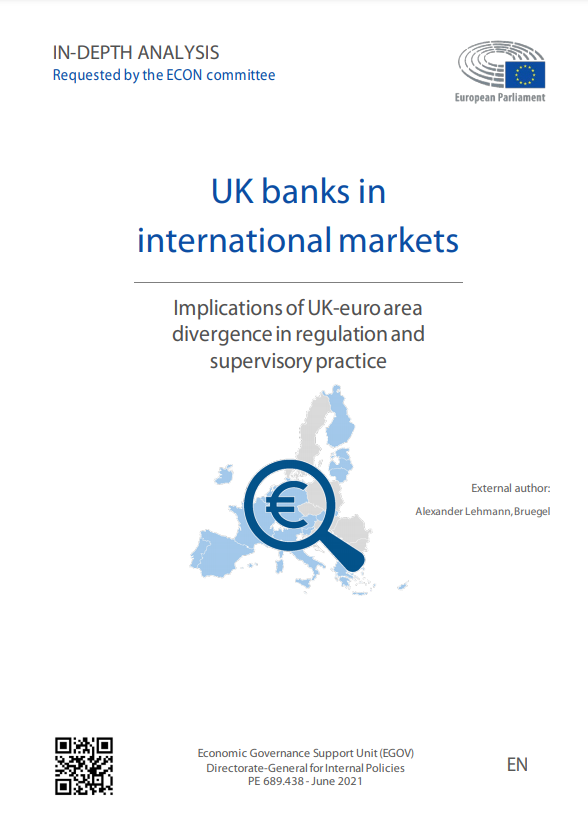Past Event
The Sound of Economics Live: The future of EU-UK relations (again!)
At the eleventh hour of negotiations, what will the future of the EU-UK relationship look like?
EVent and q&a
Ask questions during the event through sli.do using the code #EUUK
On 15-16 October the European Council will take stock of the implementation of the withdrawal agreement and review the state of the negotiations on the future EU-UK partnership. Leaders will discuss preparatory work for all scenarios after 1 January 2021. The timetable is very tight, with October seen as the last deadline for reaching an agreement that could then be ratified in time for entry into force by the end of the current transition period.
In this live recording session of The Sound of Economics, Bruegel’s scholars will take a step back and provide the background, as well as outline the key issues at stake necessary to follow the discussions at the Council and understand the ongoing negotiations. We will engage in an informed debate with the audience on the post-Brexit scenarios.
Livestream
This event is online only.
You will be able to access the livestream on this page, Twitter, Youtube, and Facebook.
mark your calendar or register
Registration is not obligatory to watch the livestream. You are welcome to register if you wish to receive a reminder and updates about the event.
Schedule
12:30-13:30
Conversation
Chair: Giuseppe Porcaro, Head of Outreach, Governance & HR
Maria Demertzis, Interim Director
André Sapir, Senior Fellow
Guntram B. Wolff, Former Director
Speakers

Maria Demertzis
Interim Director

Giuseppe Porcaro
Head of Outreach, Governance & HR

André Sapir
Senior Fellow

Guntram B. Wolff
Former Director
Location & Contact
Katja Knezevic
[email protected]









